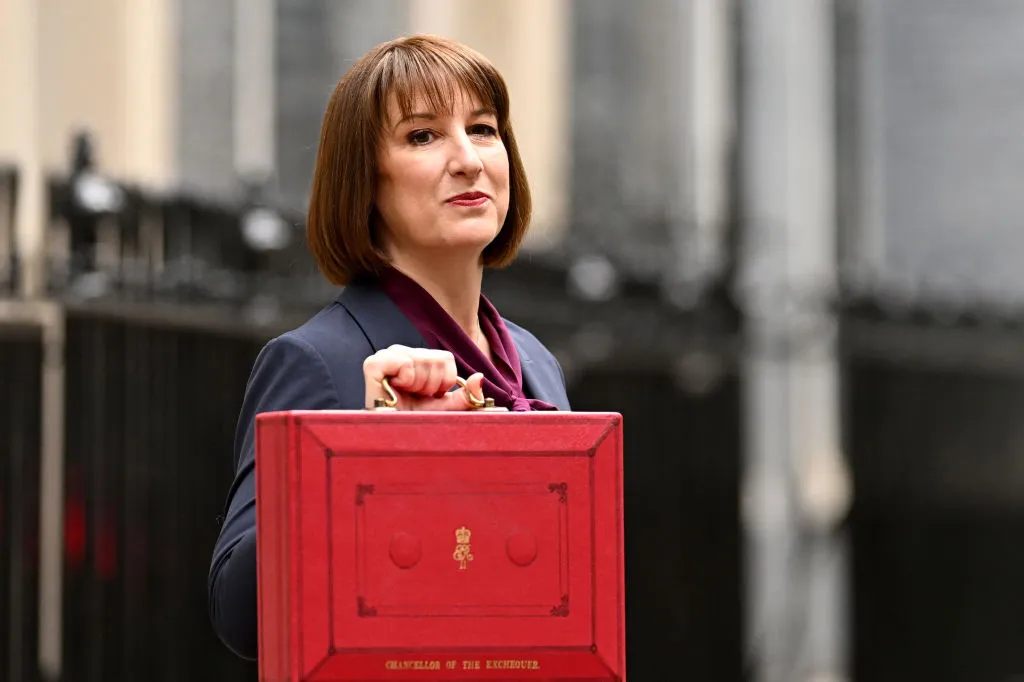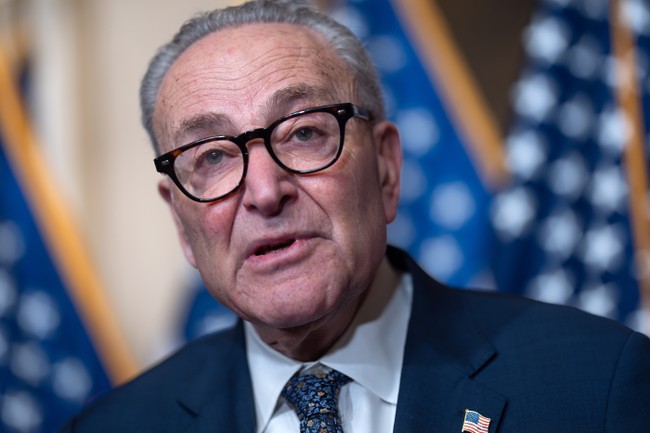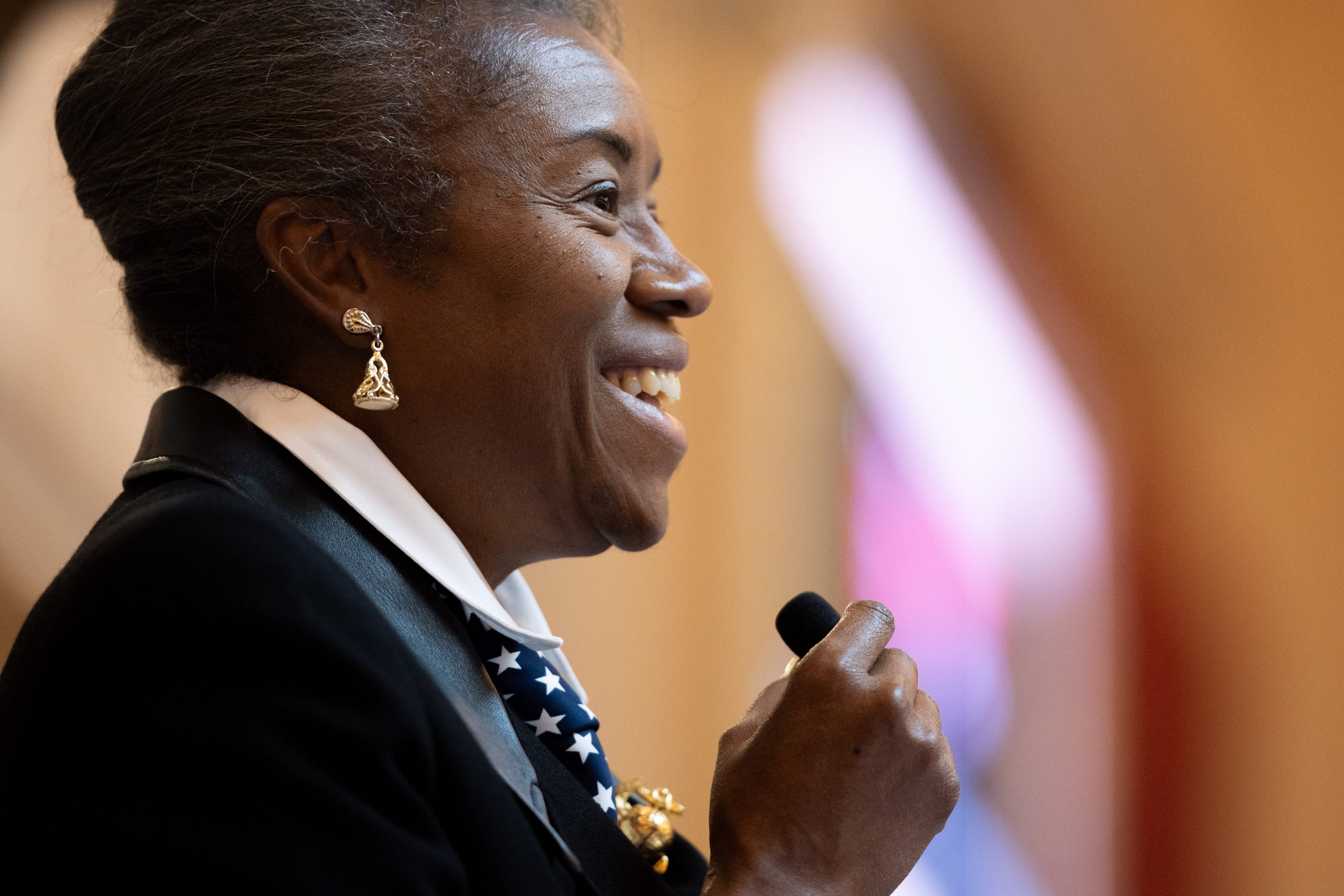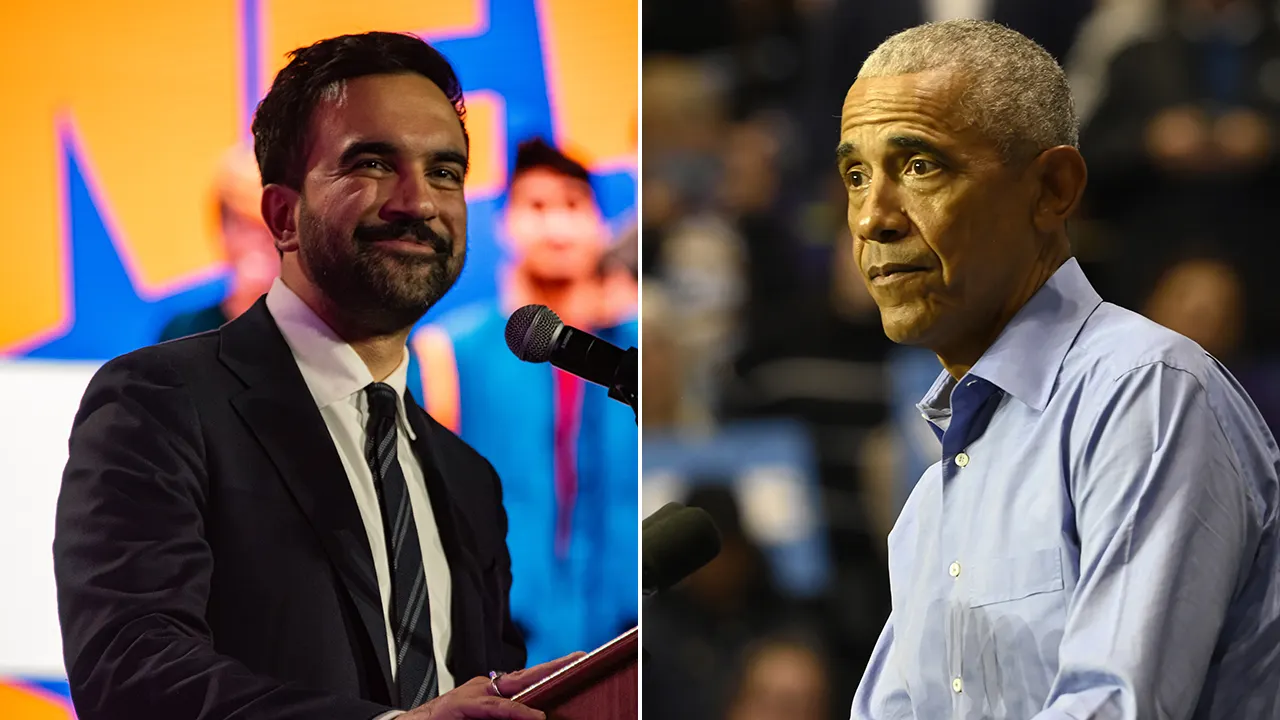Copyright spectator

Rachel Reeves will not officially confirm any tax changes until 26 November, but two policy shifts in her second Budget now look inevitable. The first is that the basic rate of income tax is set to rise, breaking Labour’s central manifesto pledge. The second is that the Chancellor will lift the two-child benefit cap, following intense pressure from colleagues. In her two most recent interventions, Reeves all but confirmed both changes. At last week’s press conference said said that ‘each of us must do our bit’, heavily hinting that she will shortly hike taxes for all. Then yesterday, she told the BBC it was not right that children in bigger families were ‘penalised’ through ‘no fault of their own’. Predictably, the reaction among most Labour MPs is trepidation about breaking the tax pledge – but delight at the prospect of removing the hated cap. Benefits has long been a fault line in the Labour party, as Rachel Reeves knows all too well. One striking element about this summer’s welfare revolt was how little she and others involved had seemed to learn from the great debacle of 2015, when the Cameron government limited child tax credits to two children per family. Back then, Reeves was the shadow work and pensions secretary, albeit on maternity leave for much of the year. As one younger MP told me at the time of this summer’s revolt: ‘I did not come into politics to keep their [the Tories’] cap in place – none of us did’. The spectre of Gordon Brown has loomed large over this debate. He is been among the leading Labour voices pushing for the lifting of the cap. Yet his presence ought to remind MPs that he was lucky enough to be at the Treasury at a time when the British economy was booming. Reeves, his successor, is a Labour Chancellor when there is no money left to spend. Her party is now increasingly a party of higher earners, with the highest ratio of highest ratio of voters with a household income over £70,000 versus those under £30,000. It is clear that many MPs, aides and party activists passionately want to scrap the cap for deeply principled reasons. It featured prominently in last month’s deputy leadership election. Both the defeated Bridget Phillipson and the victor Lucy Powell pledged to push for its axing: the only difference was whether it was better to be inside or outside the cabinet in doing so. But with a £3 billion price tag, lifting the cap is not a cost-free move, which is why both Reeves and Keir Starmer ruled it out before, during and after the last election. If Reeves now scraps the cap in a fortnights’ time, the inevitable question is going to be: how are the public finances bad enough to justify income tax rises, but good enough to justify more benefit spending? This matters because polling suggests retaining the two-child benefit cap would actually be a popular move. YouGov suggests that it remains overwhelmingly supported across all demographics, including Labour voters and lower income voters, who support it the most. The annual £3 billion cost is six times the price tag of the inheritance tax changes for farmers, which have sparked such outrage in the rural community. It is doubtful that – regardless of the policy’s merits – scrapping the cap will lead to any popular boost for the Chancellor. Kemi Badenoch is certainly determined to make the most of this issue, having made welfare reform – including the retention of the two-child cap – the centrepiece of her big pre-Budget speech last week.



